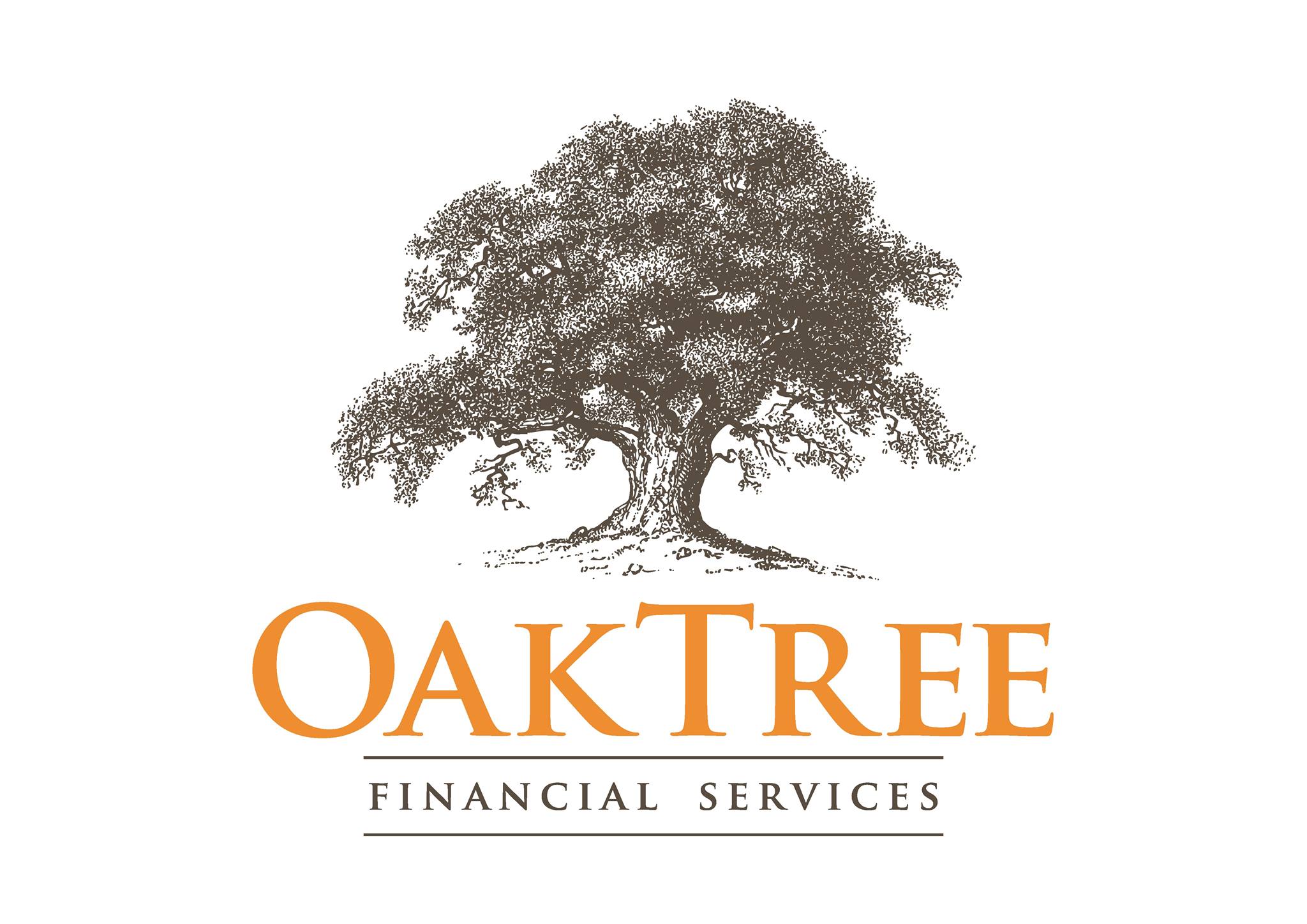In this week’s blog post, we outline Retirement Annuity Contracts, or as they are more commonly known – Personal Pensions. As we edge closer to the tax filing deadline, contributions to this scheme are used by many to reduce their tax liabilities.
Personal Pensions are wholly owned by you – in the same way as any other defined-contribution pension scheme. That means no one else has a right over the assets of the fund, as may be the case if you’re in a more traditional, though increasingly rare, defined-benefit or final salary scheme.
Personal Pension Plans are designed for people who don’t have a pension scheme through work and who want to set aside money themselves. In particular, a Personal Pension Plan would suit people who are either self-employed sole traders or have no pension through their employment. Contributions on a Personal Pension can only come from yourself and not your employer.
A Personal Pension Plan is a long-term investment aimed at helping you set aside money for your retirement. The ultimate value of your pension plan will depend on the contributions you have made over the years and the investment return the funds have achieved in your Personal Pension Plan.
The main points of a Personal Pension are:
Charges
There are no fixed charges for Personal Pensions but typically one would see annual management charges of between 1% and 1.5%. In most cases, these can depend on the fund choice made in relation to your contributions.
Fund Choice
Personal Pension Plans have access to a huge number of funds and investment options. Typically the choice is jointly made in conjunction with your financial advisor. The advisor will assess your attitude to risk and present a selection of funds that are available to you and which match your risk profile. As already stated, the management charge can vary slightly depending on the fund choice. If it is actively managed, the charge may typically be higher.
Tax Relief
Just like other pension products, you’re entitled to tax relief on your contributions, up to certain age limits, at either the standard (20%) or higher (40 %) rate of tax, depending on which you pay. Thus, if you pay tax at the higher rate, a €240 contribution to your fund will only cost you €144.
How much should I invest in my Personal Pension Plan?
Before you decide how much you are going to invest in your Personal Pension Plan, there are a number of things you need to think about such as what age you’d like to retire at, your current age, your existing income, and how much you can afford to set aside each month as a pension contribution.
General consensus suggests that you should aim to retire on two-thirds of your current income (this figure will include the State Pension). A Personal Pension Plan gives you the flexibility to make individual contributions either monthly, quarterly, semi-annually, or annually. You can also boost your Personal Pension Plan with a lump sum payment at any stage.
You are able to decrease or increase your contributions at any stage, which is useful if you begin to earn more money, or on the other hand, if you are having financial difficulties.
As your Financial Advisor, we will talk to you about your expectations for retirement and your personal circumstances. In understanding what you hope to achieve, we can offer you helpful advice in deciding on your contribution amount.
Retirement Options from a Personal Pension Plan
From the age of 60 onwards you can access your Personal Pension Plan. You can also access your Personal Pension Plan on ill-health retirement at any age. The value of your Personal Pension Plan is payable in full to your estate if you pass away before drawing on your benefits.
You will have a number of options when it comes to taking your retirement benefits from your Personal Pension. You can take a tax-free lump sum of up to 25% of your fund (up to a max of €200,000).
With the balance of Your Personal Pension Plan, You Can Choose to:
- Buy an annuity.
- Transfer to an Approved Retirement Fund (ARF) and/or Approved Minimum Retirement Fund (AMRF) to be held in your name.
- Take the balance as a taxable lump sum subject to putting €63,500 in an AMRF (or annuity) or having a guaranteed income of €12,700 or on reaching age 75.
For more information, contact us to discuss your options and guide you in choosing the best option for you when it comes to your Personal Pension. Call 025-30588 or book a complimentary chat here.

Adrian Godwin is a Senior Financial Consultant and the co-founder and managing director of Oaktree Financial Services. With a background in accounting and tax advising, Adrian specialises in estate planning and wealth management.Adrian offers clients reassurance through best practice solutions. His unique skill set and qualifications enable clients to develop comprehensive life plans that align with their goals.


